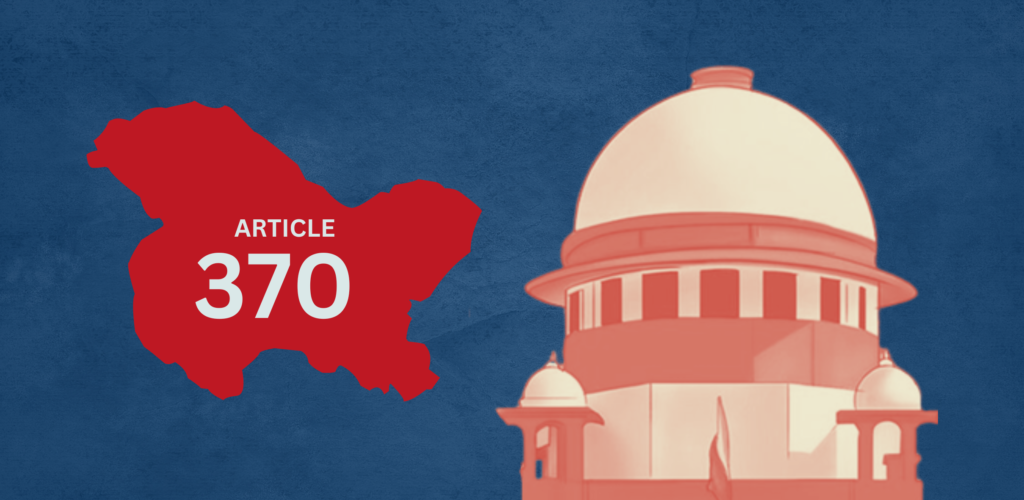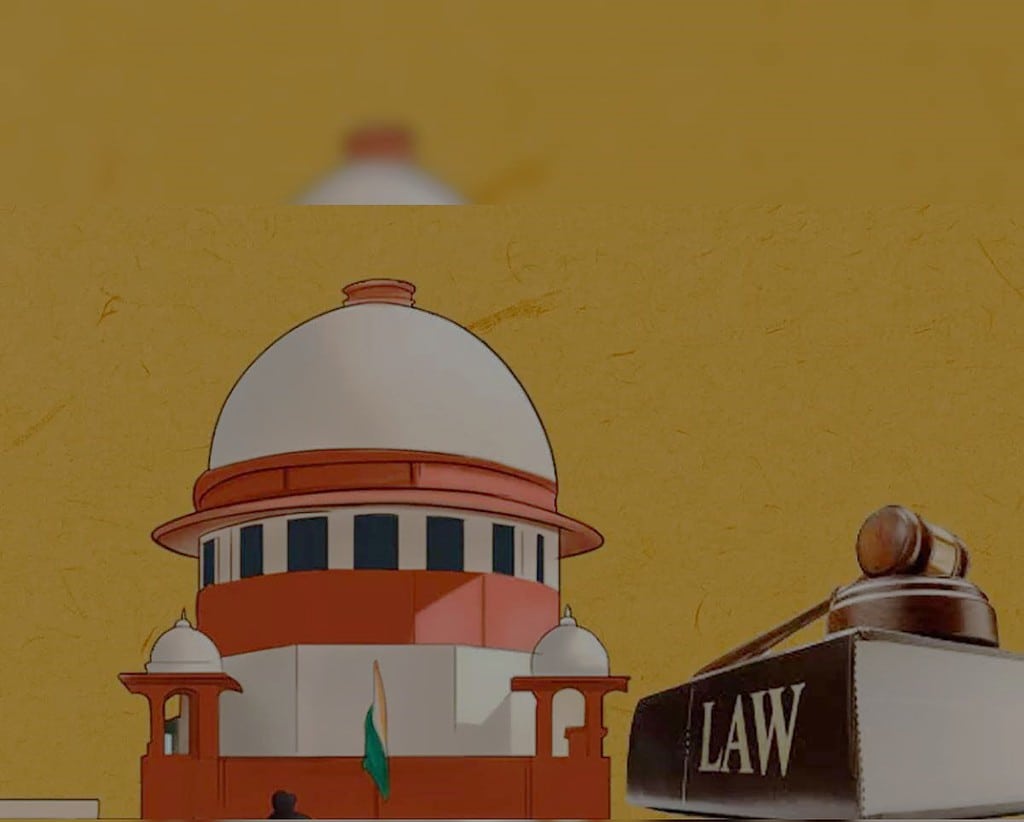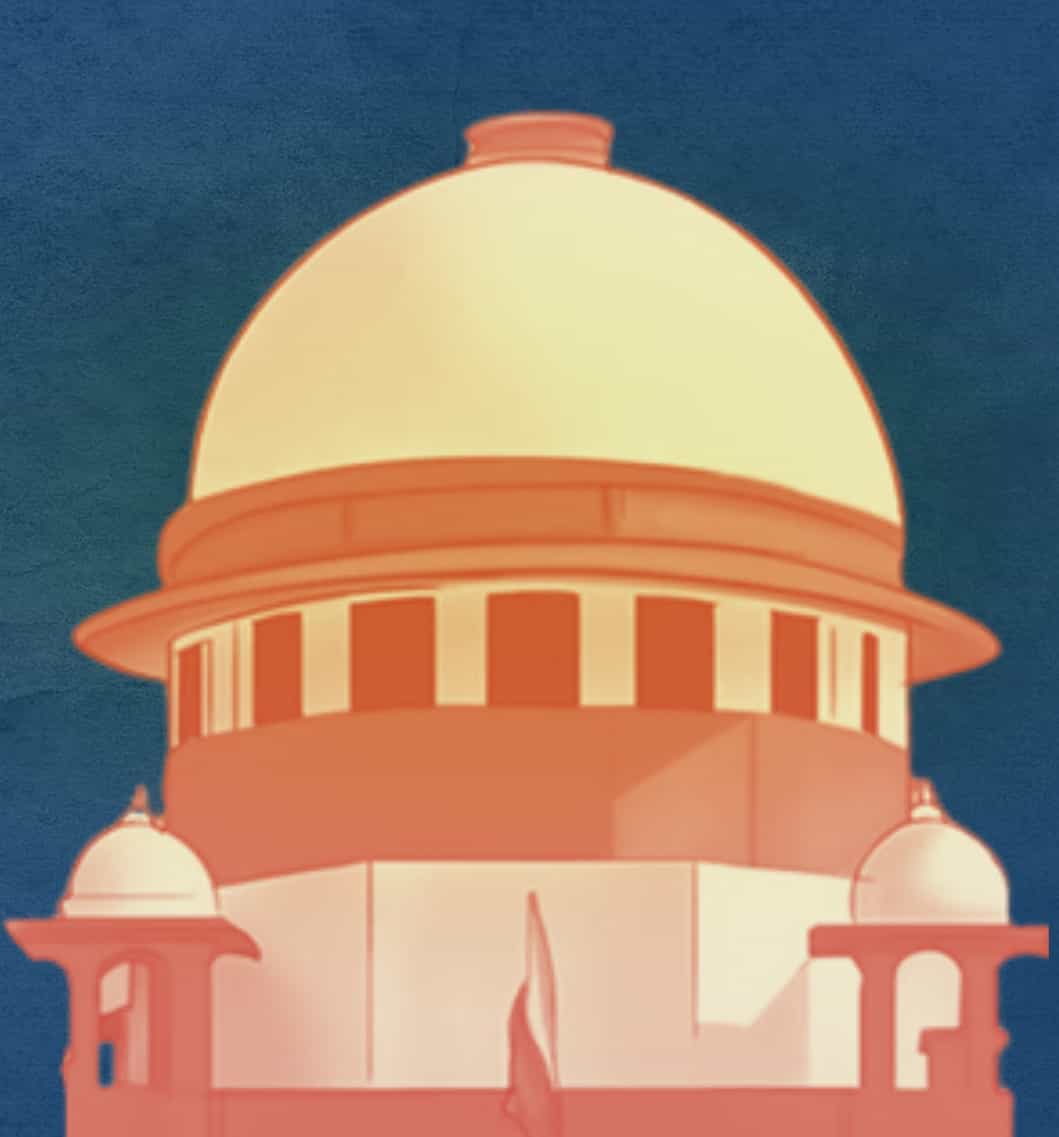
Decisive Article 370 Trial Verdict: Recap
On August 5, 2019, a historic moment unfolded as the Government of India, under the leadership of Prime Minister Narendra Modi, made the significant decision to revoke Article 370, leading to the reorganization of Jammu and Kashmir into two separate union territories: Jammu & Kashmir and Ladakh. This move signified the elimination of special powers in these regions.
Since that pivotal day, considerable time has passed, marked by extensive discourse in the media regarding the advantages and disadvantages of this decision. Numerous public interest litigations (PILs) were filed in the Supreme Court seeking a review of the decision. A bench in the Supreme Court, presided over by Chief Justice of India D.Y. Chandrachud, was established to evaluate the matter.
Arguments were presented by both sides during the Supreme Court proceedings, delving into the merits and drawbacks of the decision. The Government of India justified its actions by explaining the necessity behind the decision, while the petitioners countered, asserting that only the constitutional assembly had the authority to abrogate Article 370. The Supreme Court carefully considered these arguments and reserved its judgment on December 11, 2023. The upcoming review will focus on the rationale behind the abrogation of Article 370 and the sequence of events leading to this consequential decision.
! Click to visit my Facebook Page
Decisive Article 370 Trial Verdict: Twist & Turns
The trial witnessed several unexpected developments, with two petitioners, Shah Faizal and Shehla Rashid, choosing to withdraw their petitions. Consequently, National Conference MP Mohd Akbar Loan emerged as the primary petitioner. However, a notable twist arose during the proceedings when concerns were raised about his alleged support for Pakistan. This issue was brought to attention during the trial, questioning his stance, and he had to file an affidavit stating that he “unconditionally accepts” that Jammu and Kashmir is an integral part of India, and he owes allegiance to the country’s Constitution.

Decisive Article 370 Trial Verdict: Why judged not convinced & Governor recent Interview.
The judges remained unconvinced by the argument that the dissolution of the Constitutional assembly of Jammu and Kashmir in 1957 automatically rendered Article 370 permanent. Several other issues were brought up during the trial, including concerns related to Governor Satya Pal Malik. According to reports, the Governor claimed to be unaware of the Central Government’s decision to abrogate Article 370. However, conflicting statements arose as the Government asserted that the Governor had sent a letter in support of the decision despite his alleged lack of prior knowledge.
Decisive Article 370 Trial Verdict: 16 days trail period
Throughout the 16-day trial, the government presented its case over six days, with Solicitor Tushar Mehta leading the arguments on behalf of the government. The petitioners, on the other hand, had a longer duration of nine days to present their arguments. According to reports, various supporting organizations also participated in presenting their perspectives on both sides of the case.
During the trial, the government emphasized several points related to the post-August 5, 2019, period. These included improvements in peace, a reduction in illegal activities, an increase in tourism, a decrease in incidents of stone pelting, a decline in shutdowns in Jammu and Kashmir, a significant rise in private sector investment, and a decrease in insurgency, among other factors.
! Read another article on FTA agreement between UK & India
Decisive Article 370 Trial Verdict: Full statehood
The Central government also asserted that Jammu and Kashmir would soon be granted full statehood. Additionally, they mentioned that elections would be conducted in Jammu and Kashmir when the appropriate time arrives. However, no specific timeline for these actions was provided during the proceedings.
Decisive Article 370 Trial Verdict: Judgement Day
The entire nation is anxiously awaiting this crucial judgment, as it will determine the government’s next steps and the fate of Jammu and Kashmir. Given the current circumstances, there is a collective hope for the best outcome for India. The decision, whether favorable or not, could significantly influence the government’s plans for Jammu and Kashmir.
On December 11, 2023, finally decision came in favor of GOI. This decision will speed up of progress in J&K region, well-being of the entire region and the nation as a whole.
! Click to visit Kids Zone to read about kids friendly articles
